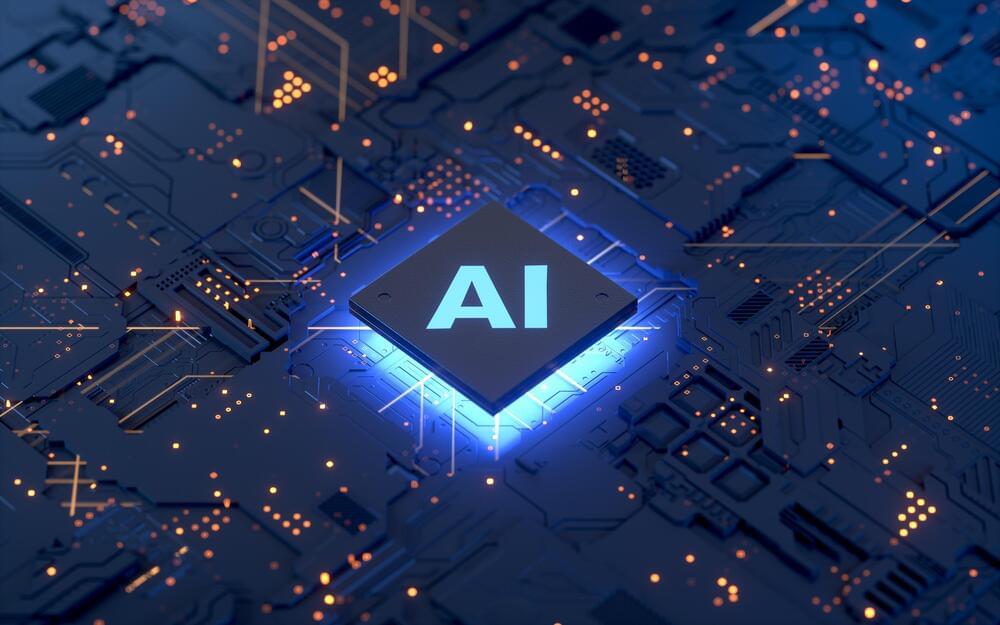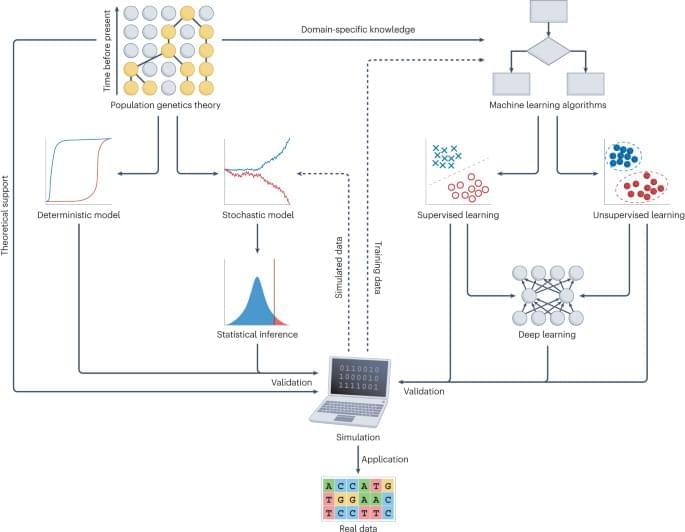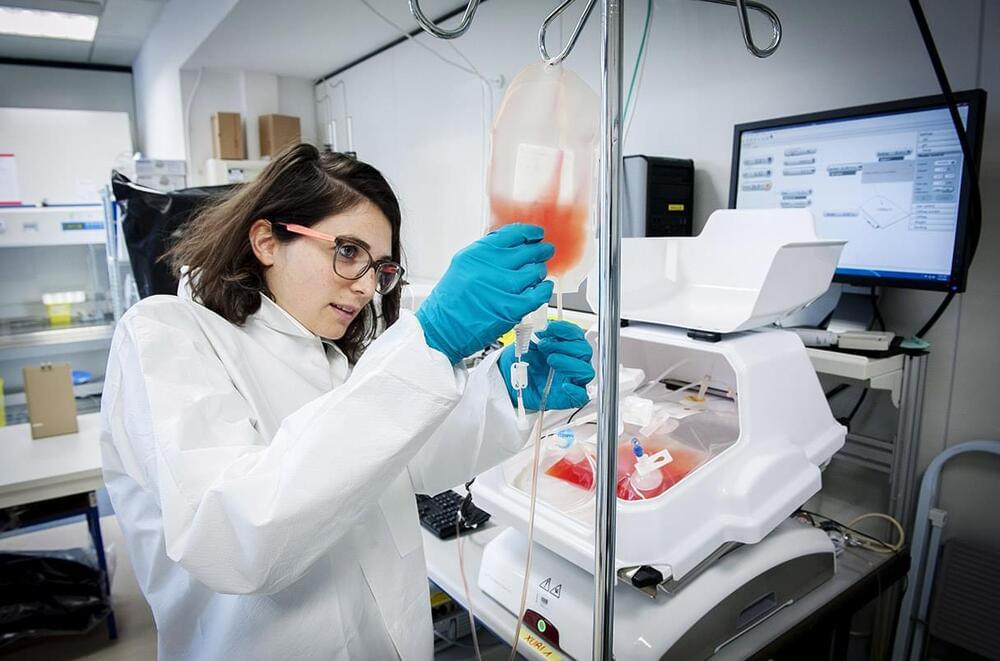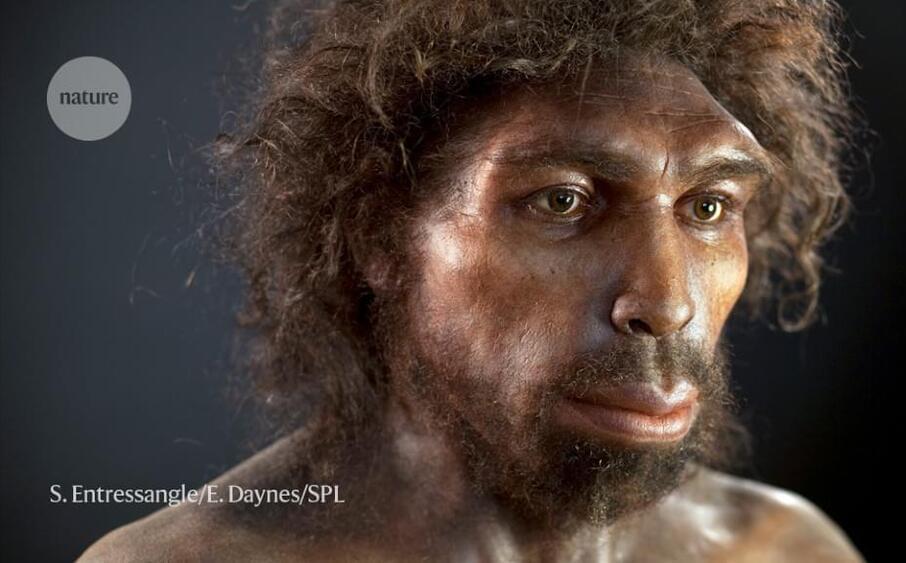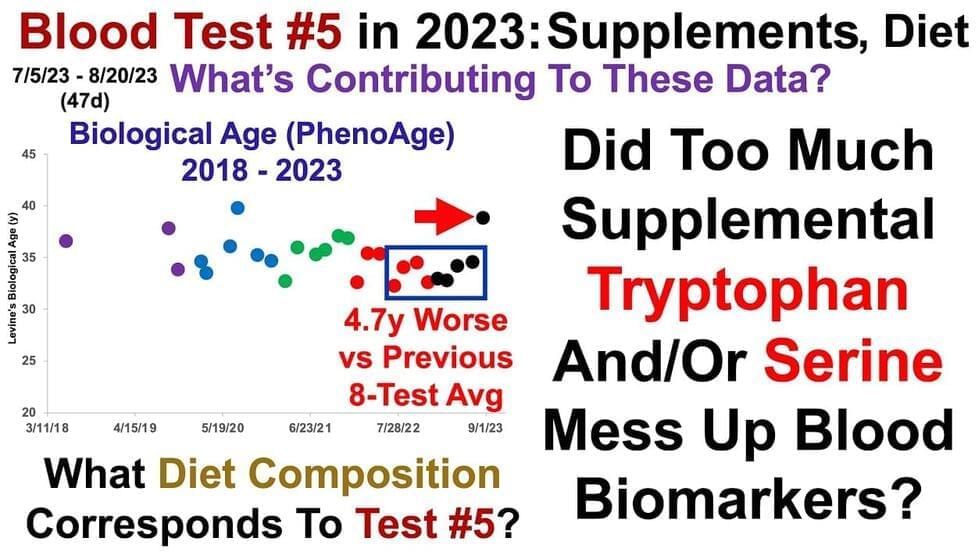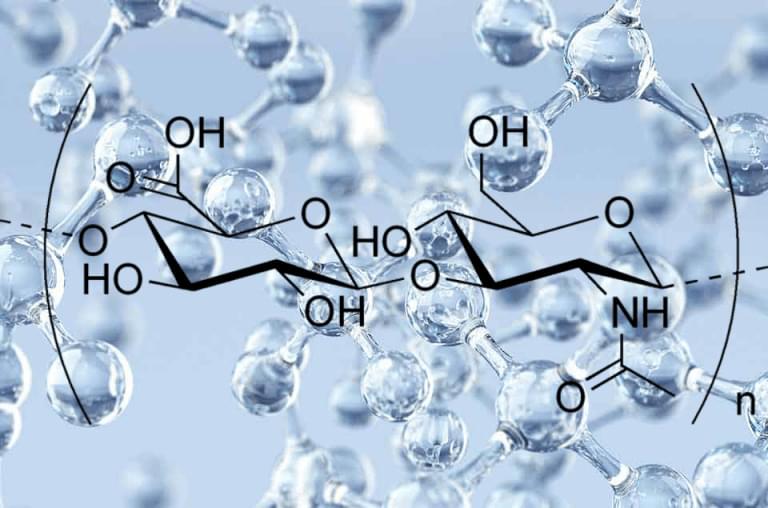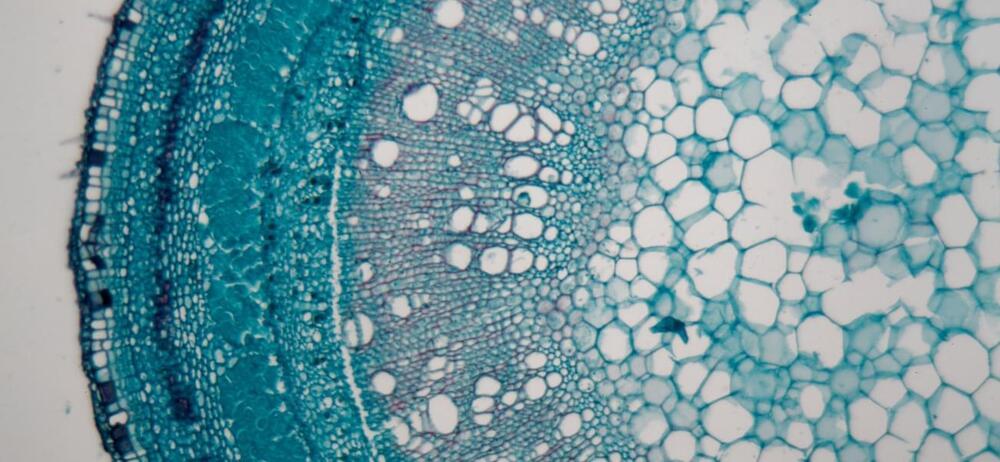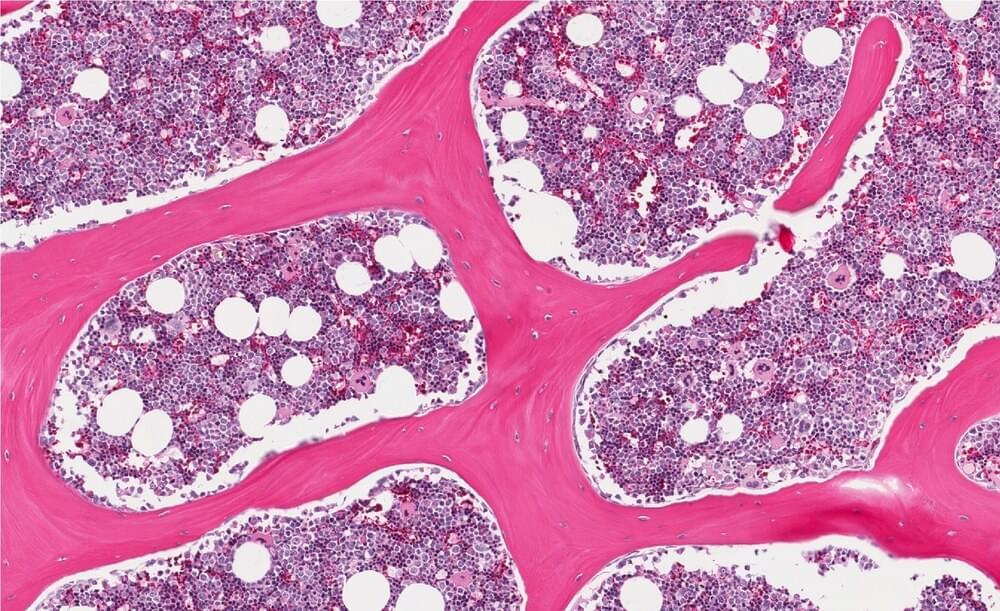Sep 4, 2023
Artificial Intelligence: Transforming Healthcare, Cybersecurity, and Communications
Posted by Chuck Brooks in categories: augmented reality, bioengineering, cybercrime/malcode, economics, genetics, information science, robotics/AI, sustainability
Please see my new FORBES article:
Thanks and please follow me on Linkedin for more tech and cybersecurity insights.
More remarkably, the advent of artificial intelligence (AI) and machine learning-based computers in the next century may alter how we relate to ourselves.
